West Australian Surplus at risk in iron ore plunge
WA’s prized budget surplus is in danger of being wiped out as a precipitous fall in iron ore prices eats into the state’s finances.
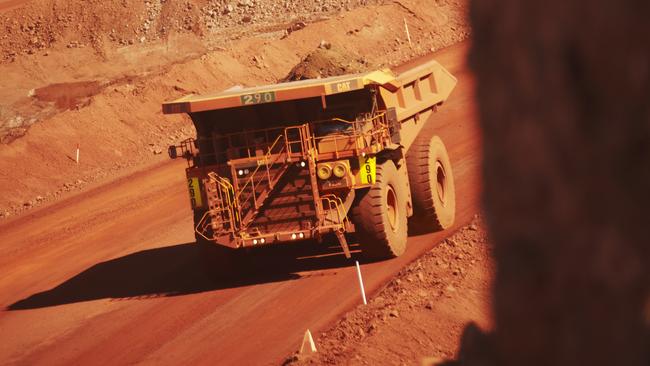
Western Australia’s prized budget surplus is in danger of being wiped out as a precipitous fall in iron ore prices eats into the state’s finances.
The plunge in iron ore prices in recent weeks towards $US90 a tonne – down from a peak of more than $US230 a tonne earlier this year – could take billions out of the state’s budget and risks WA joining other states and territories in running a budget deficit.
WA’s forecast budget operating surplus of $2.8bn for the current financial year was based on a predicted average iron ore price of $US121.30 a tonne. Each $US1 movement in the average iron ore price has an $82m impact on WA’s revenues, meaning the forecast surplus would be wiped out if iron ore ends up averaging $US87 a tonne this financial year.
Iron ore futures in Singapore on Tuesday were trading at $US93.30 a tonne after touching $US90 on Monday. The sharp change in fortunes comes just days after WA Premier Mark McGowan unveiled a record $5.8bn iron ore-fuelled surplus for the 2021 financial year.
Chamber of Commerce and Industry chief economist Aaron Morey said the drop in iron ore prices would hurt the state’s efforts to reduce is net debt.
“That would be the shame of it because we need to be really mindful of the debt burden on future generations,” he said.
“Interest rates really only have one way to go, and even small increases in the interest rate that the state government bears on its debt makes hundreds of millions of dollars difference on interest rate payments.”
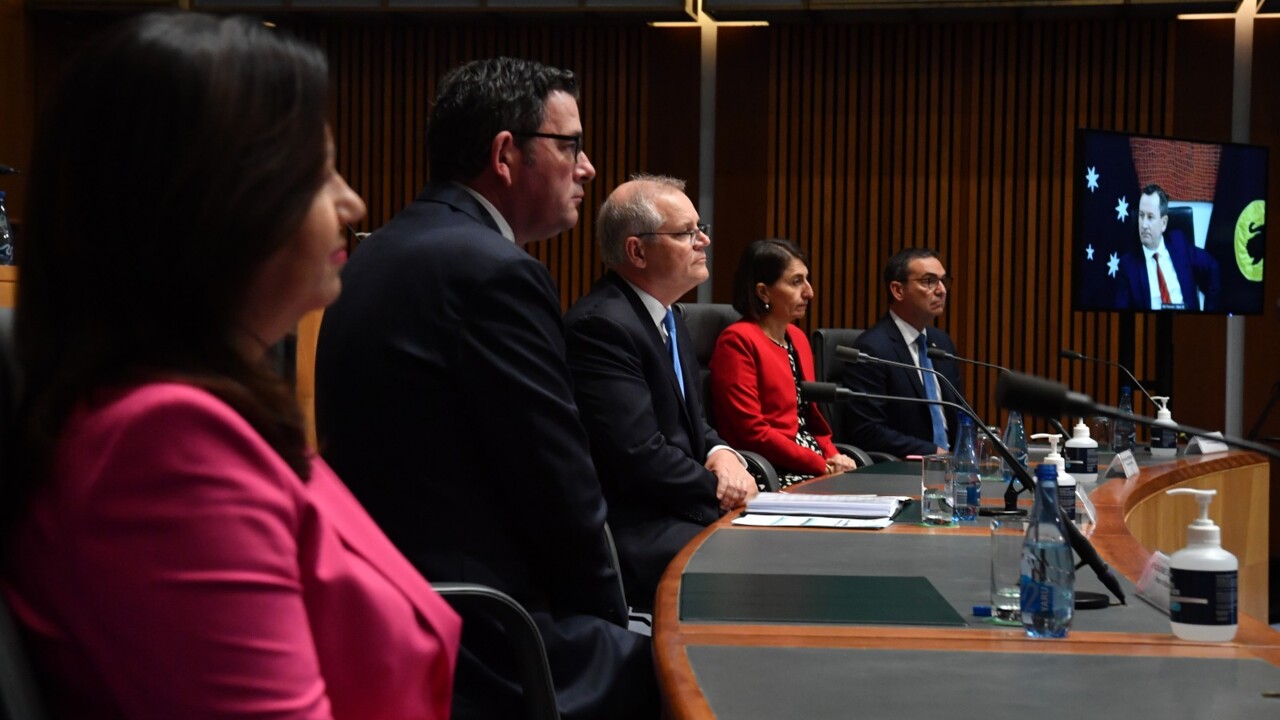
The sharp fall may also complicate the government’s plans to review a longstanding public sector wage freeze that has capped pay rises for public servants at $1000 a year since 2017.
Mr McGowan announced on budget day that a review of the wages freeze would be brought forward by a year, and Mr Morey said the unshackling of pay increases might be harder to justify if iron ore continued to fall.
Mr Morey said while it was too early to call the end of WA’s latest iron ore boom just yet, the recent volatility was another reminder of the pressing need to diversify the state’s economy. The mining industry, he said, represented 43 per cent of the total WA economy. By way of comparison, the next-biggest reliance of any state on any single industry is NSW, where the finance sector makes up 12 per cent of the state’s economy.
Despite the sharp price retreat, Mr Morey said there were indications it could just be a short-term phenomenon.
“There are some specific things happening in China at the moment – a crackdown on property investment and the lead-up to the Winter Olympics,” he said.
On Monday, Mr McGowan said the historical volatility of commodity prices meant his government had adopted a conservative iron ore forecast.
“The iron ore price is very concerning but we budgeted very carefully and very responsibly,” he said. “We have what we thought were very low prices in our budget for the iron ore price, but it’s a risk to the entire state, it’s a risk to our finances, it’s a risk to employment, and it’s a risk to the commonwealth budget.”
Every $US1 fall in the iron ore prices wipes $130m off commonwealth tax receipts, according to the latest federal budget papers. The commonwealth is forecasting iron ore to fall to $US55 a tonne by the end of March.
Liberal Treasury spokesman Steve Thomas said the retreat in iron ore prices represented a lost opportunity for the state.
The government had not pursued any meaningful economic reform, he said.


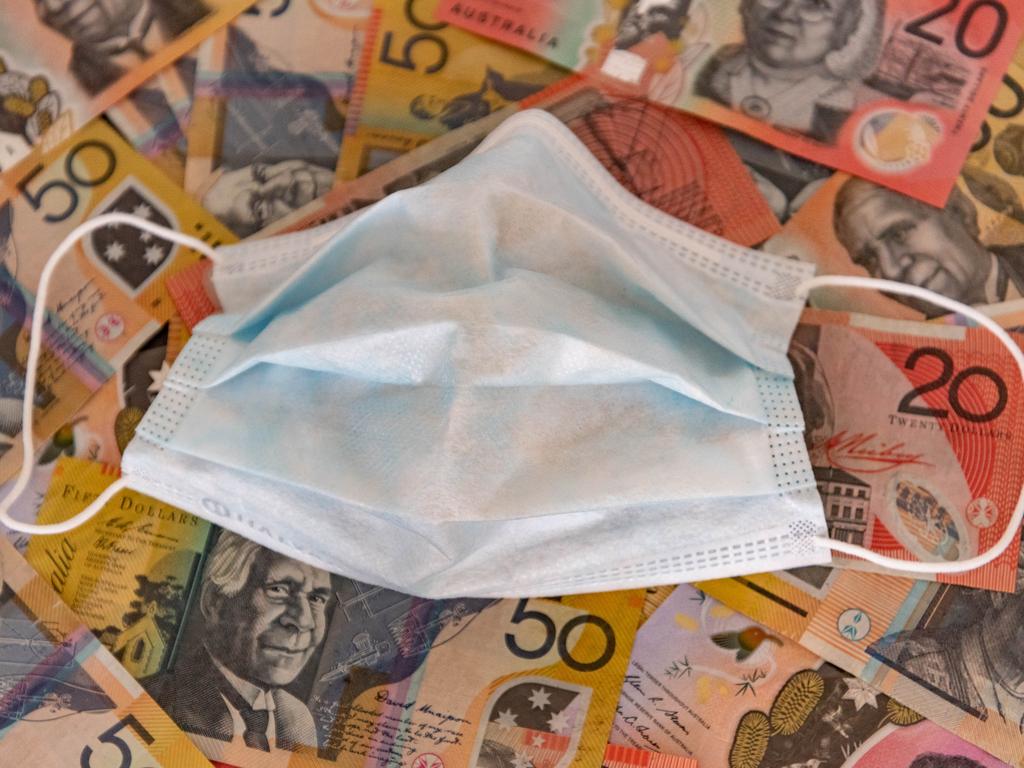
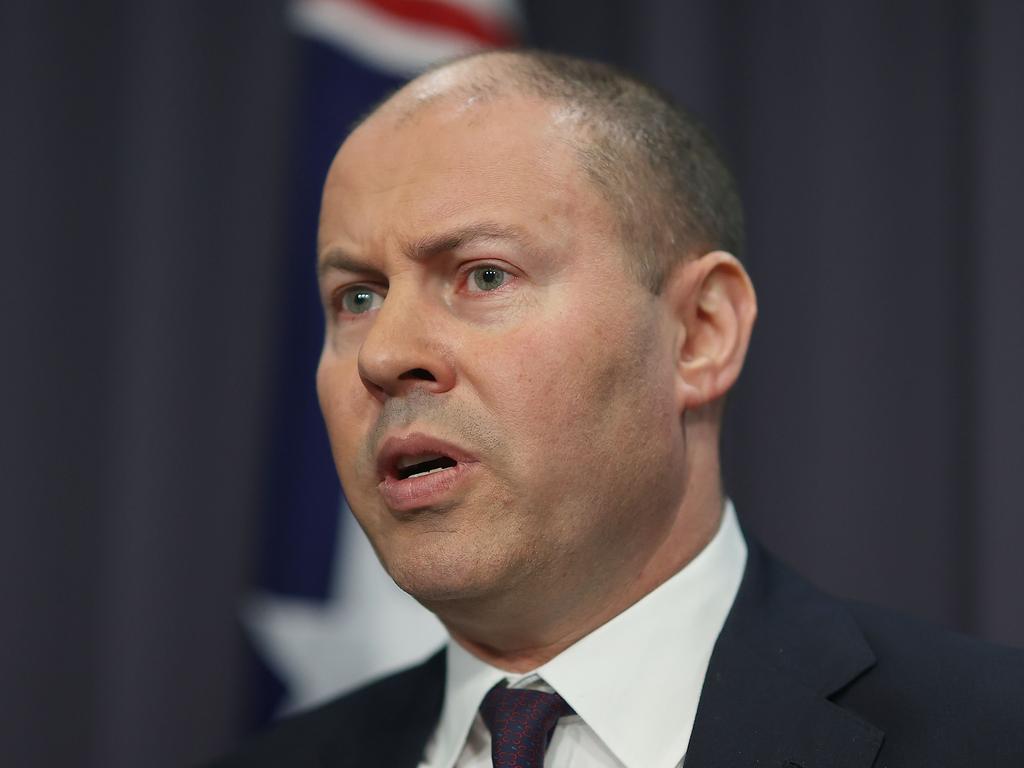
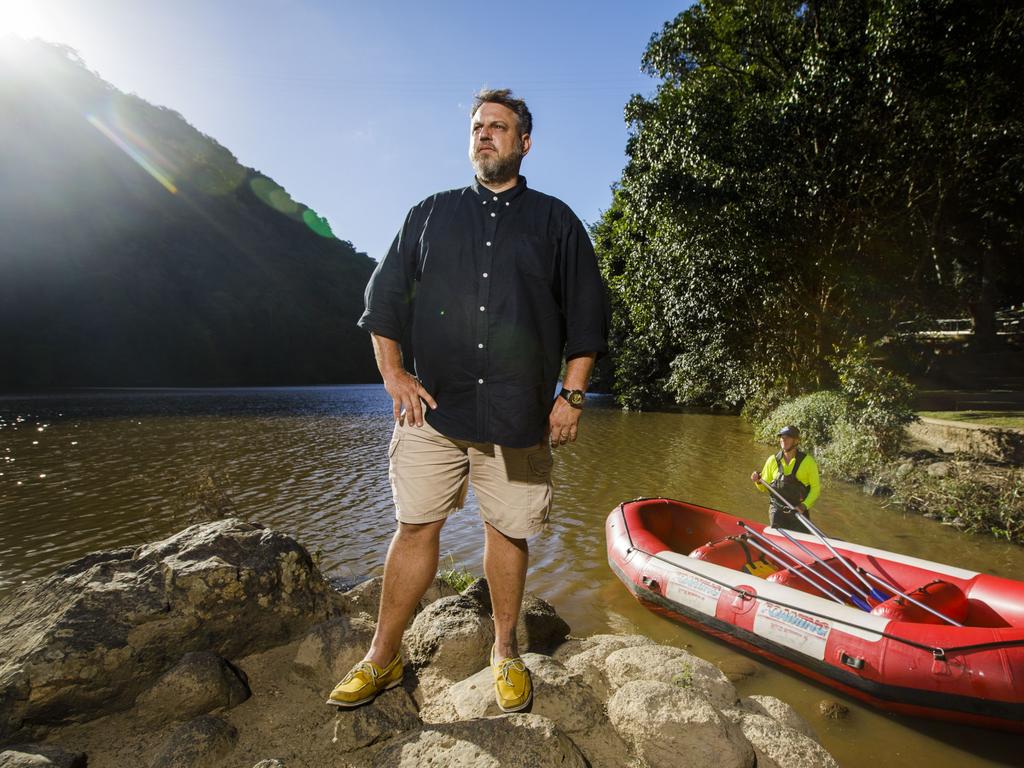
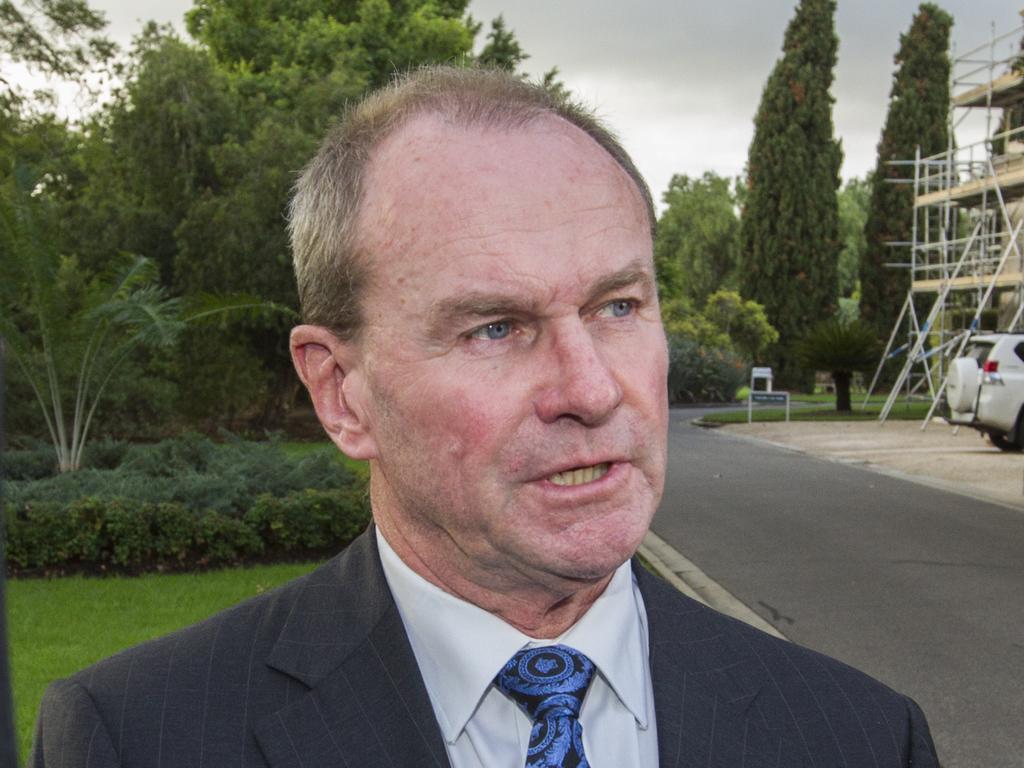

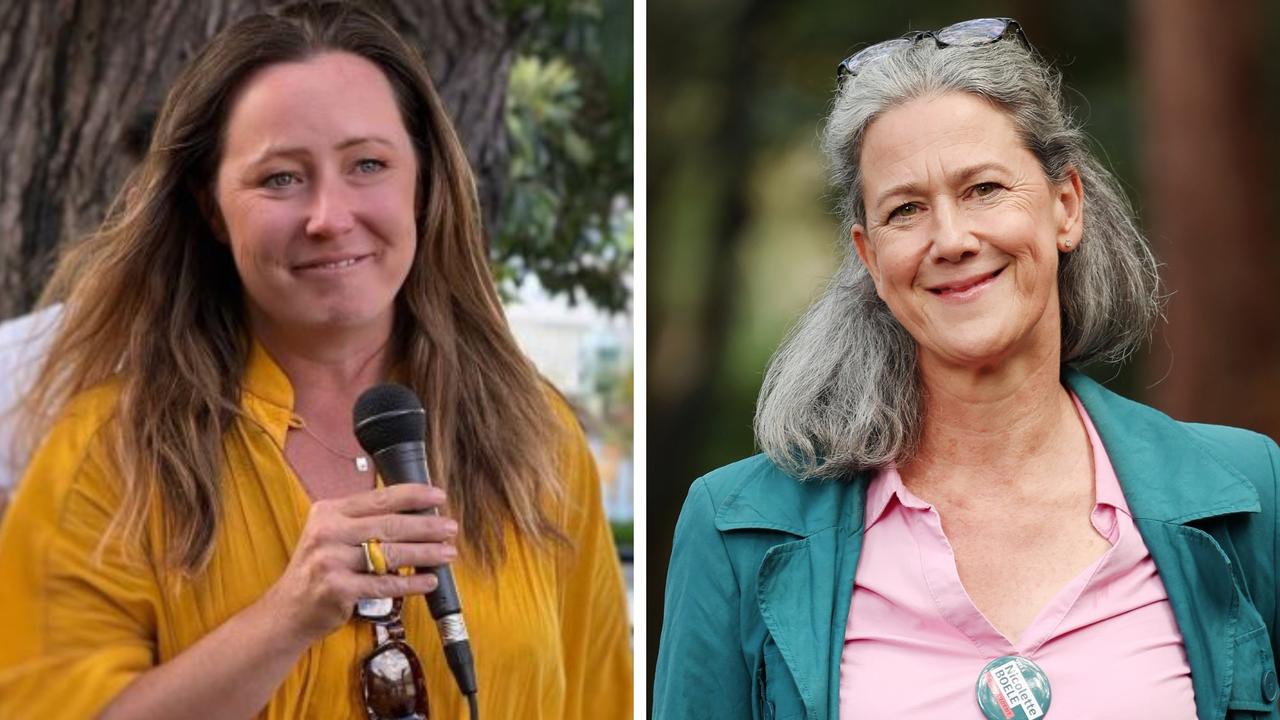
To join the conversation, please log in. Don't have an account? Register
Join the conversation, you are commenting as Logout